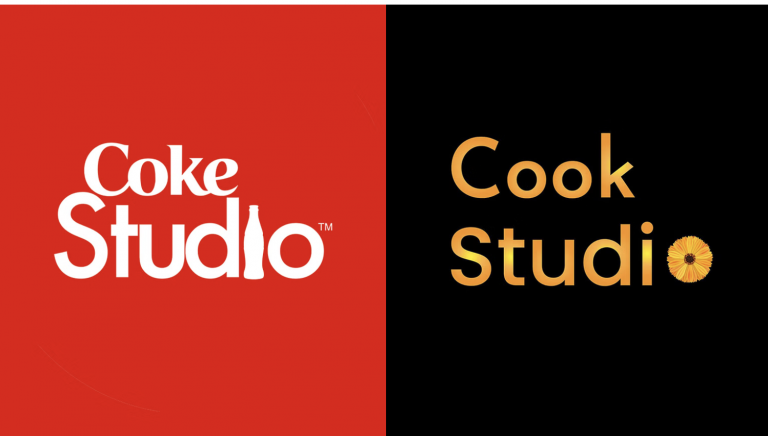Delhi HC Restrains Healthcare Centre, Hospital, and Institute from Using Mayo Foundation’s Trademark ‘MAYO’ in Relief to Foundation’s Trademark Infringement Suit
In a recent verdict the Delhi High Court issued a ruling on a trademark infringement case involving the use of the mark “MAYO.” The plaintiff in this case is the Mayo Foundation For Medical Education & Research, a globally renowned medical institution based in USA, offering a comprehensive range of medical services, education, diagnostics, and research. As the owner of various “MAYO” trademarks, including a standalone word mark “MAYO,” the plaintiff has established a significant presence with its multi-campus system spanning locations in USA such as Rochester, Minnesota; Jacksonville, Florida; and Phoenix, Arizona. The plaintiff’s trademarks extend to classes like 16, 41, 42, and 44, and its website domains, including www.mayoclinic.org, further reinforce the recognition of the “MAYO” mark.
The defendants in this case are entities operating in the healthcare and medical education sector. Notably, the first defendant is the Bodhisatva Charitable Trust, an institution focusing on medical education and providing medical and surgical aid. The second defendant, Mayo Medical Centre Private Limited, operates a multi-specialty healthcare center under the name “Mayo Medical Centre.” The third defendant, Mayo Medical Centre, is a super-specialty hospital established by the first defendant. Additional defendants operating in the same field include Mayo School of Nursing & Mayo Hospital.
The plaintiff had initiated legal action against the defendants due to their use of the “MAYO” mark, which the plaintiff argued was a dishonest adoption and an infringement of their registered trademarks. Despite being notified about this issue as early as 2014, the defendants persisted in using the “MAYO” mark in various contexts such as display boards, prescription slips, invoices, and trade names.
The court found that the defendants’ use of identical marks in relation to services similar to those provided by the plaintiff could lead to confusion among the public and establish an unintended association with the plaintiff’s registered trademarks. The court cited Section 29(2)(a) of the Trade Marks Act, 1999, to support its conclusion of a prima facie case of trademark infringement. Moreover, the court rejected the defendants’ contention that “MAYO” was a common trade name, emphasizing the dishonest nature of their adoption.
Interestingly, the court noted that the founder of the defendant institutions was aware of the “Mayo Clinic” in the USA and drew inspiration from Dr. William Mayo, the founder of the US-based clinic. This knowledge added weight to the court’s finding that the defendants’ adoption of the “MAYO” mark was dishonest. The defendants had even proposed adding their founder’s name as a prefix to their institution names, but the court found this insufficient to mitigate their improper use of the “MAYO” mark.
Ultimately, the court concluded that the defendants’ use of an identical trademark for similar services sought to capitalize on the plaintiff’s goodwill and reputation. Consequently, the court ruled in favor of the plaintiff and issued an injunction against the defendants, prohibiting them from using the “MAYO” trademark or any deceptively similar mark.
Sources:





